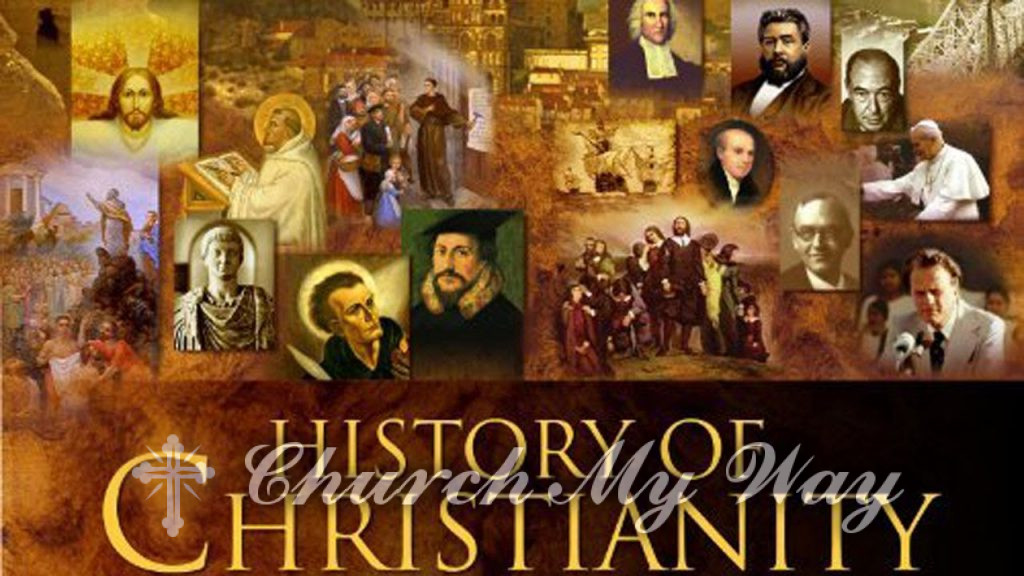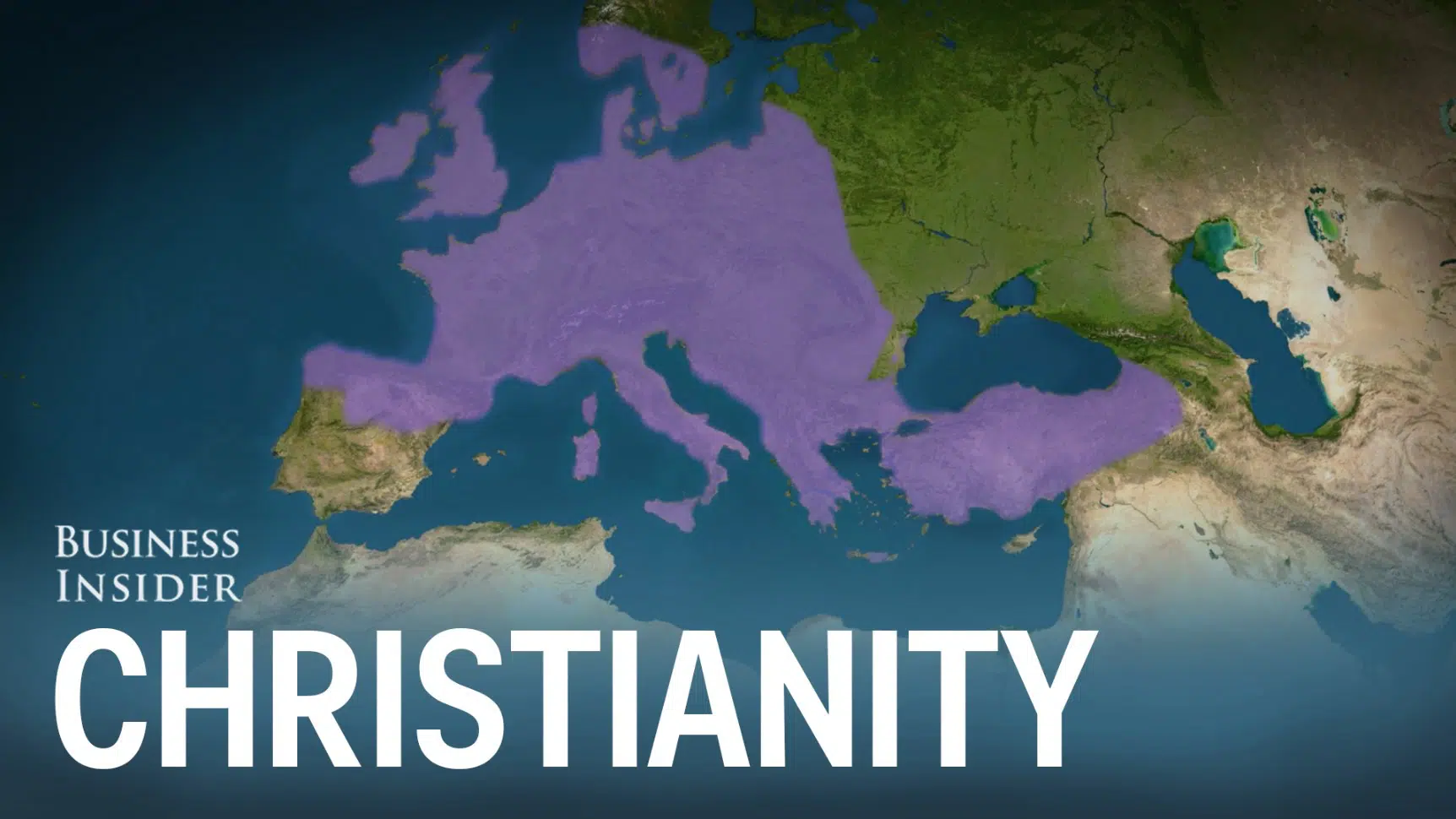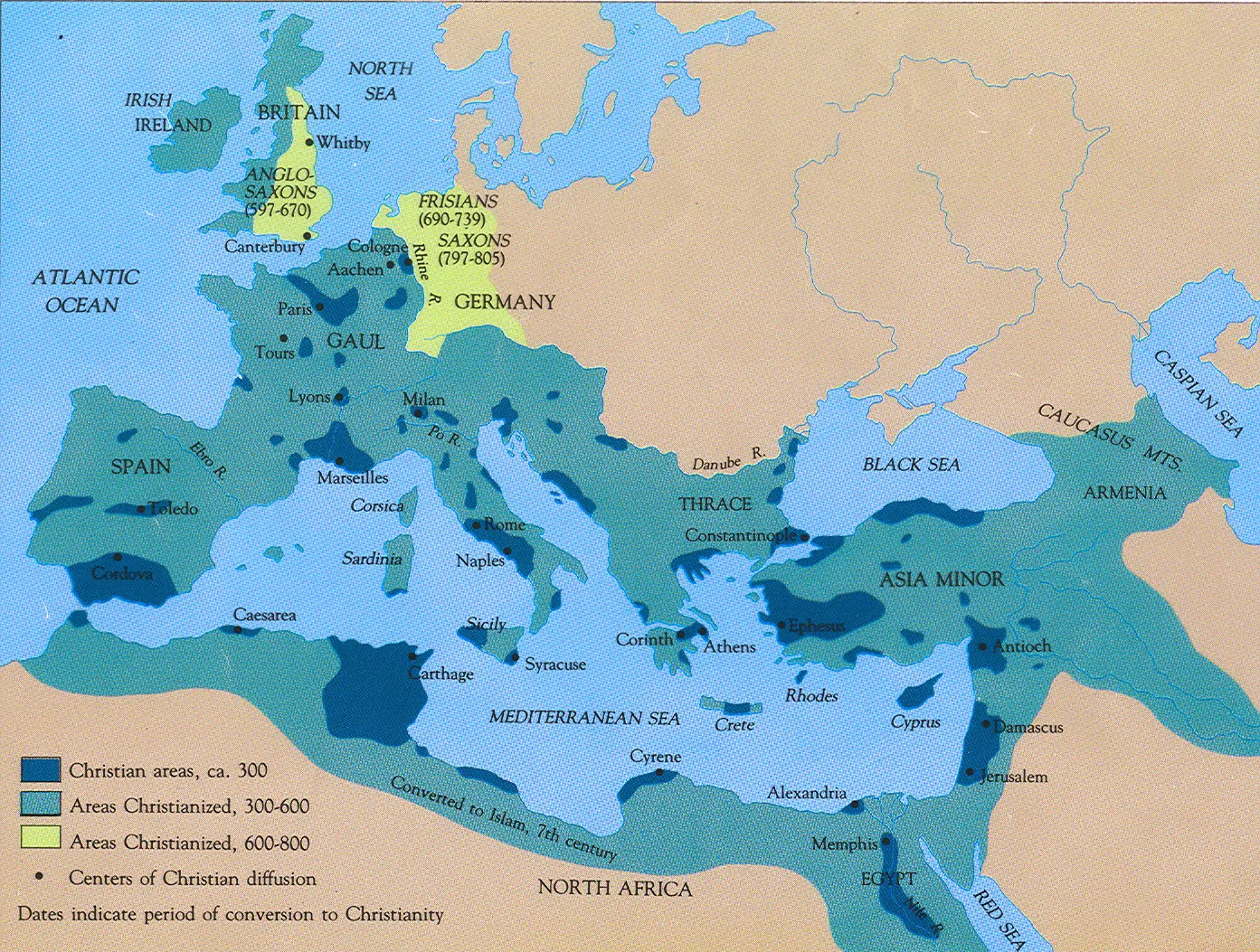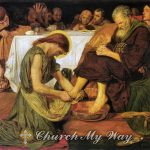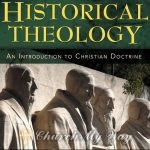How Did Christianity Spread Globally? A Historical Overview
Christianity Spread Globally from its origins as a small Jewish sect in the Middle East to boasting over 2 billion followers worldwide, making it one of the most influential religions in history. But what were the driving forces behind this expansive growth? This article delves into the journey of Christianity, tracing its steps from its inception to its current global presence.
The story of Christianity’s global spread is not just a tale of religious doctrine but also one of culture, politics, and human resilience. As the faith navigated through centuries, it encountered empires, faced persecution, and adapted to diverse cultures. Its growth was influenced by visionary leaders, dedicated missionaries, and everyday believers who lived out their faith in various corners of the world.
From the dusty roads of ancient Judea to the bustling cities of the modern era, Christianity’s footprint has expanded far and wide. Its teachings, initially spread through word of mouth, have now been translated into thousands of languages, resonating with diverse communities across continents. Join us as we explore the pivotal moments and key figures that shaped this remarkable journey.
The Roots of Christianity
The history of Christianity begins in Judea and Galilee during the 1st century AD. Contrary to the polytheistic beliefs prevalent at the time, early Christians believed in a monotheistic God. These pioneers of the faith were predominantly Jewish, well-versed in Hebrew scriptures. However, the New Testament, which chronicles the teachings and life of Jesus Christ and the apostles, was written in Greek. The teachings of Jesus, emphasizing love, compassion, and forgiveness, resonated with many, leading to a growing number of followers. As the faith grew, it began to distinguish itself from traditional Jewish practices, laying the foundation for a new religion.
Challenges in the Early Days
Christianity’s journey wasn’t without challenges. Early followers faced persecution, often forced to worship other gods or see their sacred texts and places of worship destroyed. The faith was a minority, with limited infrastructure and literacy rates, making the spread of its teachings a daunting task. Roman authorities viewed the new faith with suspicion, as it challenged the traditional Roman gods and the divinity of the Emperor. Many early Christians became martyrs, their stories of faith and sacrifice further galvanizing the Christian community and drawing more converts.
The Turning Point: Emperor Constantine’s Conversion
The tide began to turn for Christianity with Emperor Constantine’s conversion. Previously an oppressed minority, Christians found a champion in Constantine, the first Roman Emperor to embrace the faith. He not only legalized Christianity but also mandated its preaching throughout the Roman Empire. This royal endorsement accelerated the religion’s growth across Europe and beyond. Constantine’s Edict of Milan in 313 AD granted religious tolerance, allowing Christians to practice their faith openly without fear of persecution. Furthermore, the First Council of Nicaea in 325 AD, convened by Constantine, sought to address theological disputes, further solidifying the foundations of Christian doctrine.
The Role of Early Christian Preachers
In the nascent days of Christianity, preachers played a pivotal role in disseminating its teachings. Their primary tool was the Bible, from which they quoted extensively. Through personal testimonies and parables, they showcased the transformative power of the gospel, winning many converts in the process. These preachers, often traveling vast distances, established churches and communities where new believers could gather, worship, and learn. Their teachings not only focused on spiritual salvation but also on building a cohesive and supportive community, emphasizing charity, compassion, and mutual support.
Paul of Tarsus: The Apostle to the Gentiles
Paul of Tarsus stands out as a monumental figure in the spread of Christianity. Born a Jew and raised as a Pharisee, Paul’s conversion to Christianity marked a significant chapter in the faith’s history. He embarked on missionary journeys across the Eastern Mediterranean, spreading Christianity’s message. His letters, as documented in the Book of Acts, provide foundational teachings that continue to guide Christian denominations today. Paul’s theology emphasized the universality of Christ’s message, making it accessible to both Jews and Gentiles. His tireless efforts in establishing churches, mentoring leaders, and addressing theological issues played a crucial role in Christianity’s early expansion.
The Global Spread of Christianity
The momentum gained during the time of Constantine and Paul was further propelled by European exploration and colonialism. As European powers expanded their territories, they introduced Christianity to new lands, further cementing its global presence. The Christianity growth rate skyrocketed, especially in regions like Africa and Asia.
By the beginning of the 20th century, Christianity’s global influence was evident, with significant communities on every continent. Missionaries, driven by a desire to save souls and often accompanied by explorers and colonists, ventured into uncharted territories, translating scriptures into local languages and adapting Christian practices to local cultures. This Christianity and colonialism relationship played a pivotal role in the faith’s expansion.
In Africa, the number of Christians grew exponentially, showcasing the impressive Christianity growth rate on the continent. Meanwhile, in Asia, countries like the Philippines became bastions of the faith, representing Christianity in Asia.
The European Christian expansion was not just limited to new territories but also involved deepening the faith in existing Christian regions. Latin America, for instance, saw a consolidation of its vast Christian population, with countries like Brazil and Mexico reinforcing their Christian identities.
By the beginning of the 20th century, Christianity had established significant communities on every continent. According to the Pew Research Center, as of 2019, Christians remained the largest religious group in the world, making up nearly a third of Earth’s 7.8 billion people. Breaking it down by region:
- Africa: From a few million in the early 20th century, the number of Christians in Africa grew to over 630 million by 2021. This explosive growth has made Africa the continent with the most significant number of Christians, surpassing even Latin America.
- Asia: While Christianity remains a minority religion in many Asian countries, its presence is undeniable. The Philippines, for instance, is home to over 90 million Christians, making it one of the largest Christian populations in the world.
- Americas: Latin America, in particular, has a vast Christian population, with countries like Brazil and Mexico having over 90% of their populations identifying as Christian.
- Europe: Historically the stronghold of Christianity, Europe has seen a decline in traditional religious adherence in recent decades. However, it still houses significant Christian populations, with countries like Russia, Ukraine, and Poland having large Orthodox or Catholic communities.
Missionaries, driven by a desire to save souls and often accompanied by explorers and colonists, ventured into uncharted territories, translating scriptures into local languages and adapting Christian practices to local cultures. Over time, indigenous communities began to adopt and adapt the faith, leading to a rich tapestry of Christian traditions worldwide.
FAQs
- How did Christianity evolve from a small Jewish sect to a global religion?
- Christianity began in Judea and Galilee during the 1st century AD. Its teachings resonated with many, leading to a growing number of followers. Key events, such as Emperor Constantine’s conversion and the missionary journeys of Paul of Tarsus, played pivotal roles in its spread. The religion further expanded globally through European exploration and colonialism.
- What challenges did early Christians face in spreading their faith?
- Early Christians faced significant challenges, including persecution from Roman authorities and other religious groups. They often had to worship in secret, faced the destruction of their sacred texts and places of worship, and many became martyrs for their faith.
- How did Emperor Constantine’s conversion impact the growth of Christianity?
- Constantine’s conversion was a turning point for Christianity. As the first Roman Emperor to embrace the faith, he legalized Christianity and mandated its preaching throughout the Roman Empire. This endorsement accelerated the religion’s growth across Europe and beyond.
- Who was Paul of Tarsus, and why was he crucial to the spread of Christianity?
- Paul of Tarsus, originally a Jew with a Pharisee upbringing, converted to Christianity and became a significant figure in its early expansion. He undertook missionary journeys across the Eastern Mediterranean, establishing churches and spreading the faith’s teachings. His letters provide foundational teachings that continue to guide Christian denominations today.
- How did European exploration and colonialism influence the global spread of Christianity?
- European exploration and colonialism played a significant role in introducing Christianity to new lands. As European powers expanded their territories, they brought with them Christian missionaries who translated scriptures into local languages and adapted Christian practices to local cultures. This relationship between Christianity and colonialism led to the faith’s establishment in various regions worldwide.
Conclusion
From its humble beginnings in the Middle East to its status as a global religion, Christianity’s journey is a testament to the resilience of its followers and the universality of its message. Through periods of persecution, challenges, and change, the faith has not only endured but thrived, leaving an indelible mark on the tapestry of human history.
References:
- Wikipedia:
- Books:
- “The Spread of Christianity in the First Four Centuries” by William Vernon Harris.
- “The Rise of Christianity: How the Obscure, Marginal Jesus Movement Became the Dominant Religious Force in the Western World in a Few Centuries” by Rodney Stark.
- Academic Journals:
- “The Early Christian Church and the Spread of Urban Christianity in the Roman Empire” published in the Journal of Historical Geography.
- “Christianity in Asia: Its Past and Present” published in the Oxford Research Encyclopedia of Religion.
- Websites:
- Pew Research Center – For statistics on global Christianity and its growth.
- Christian History Institute – Offers articles and resources on various topics related to Christian history.
- Documentaries:
- “A History of Christianity” by Diarmaid MacCulloch, a BBC production.
